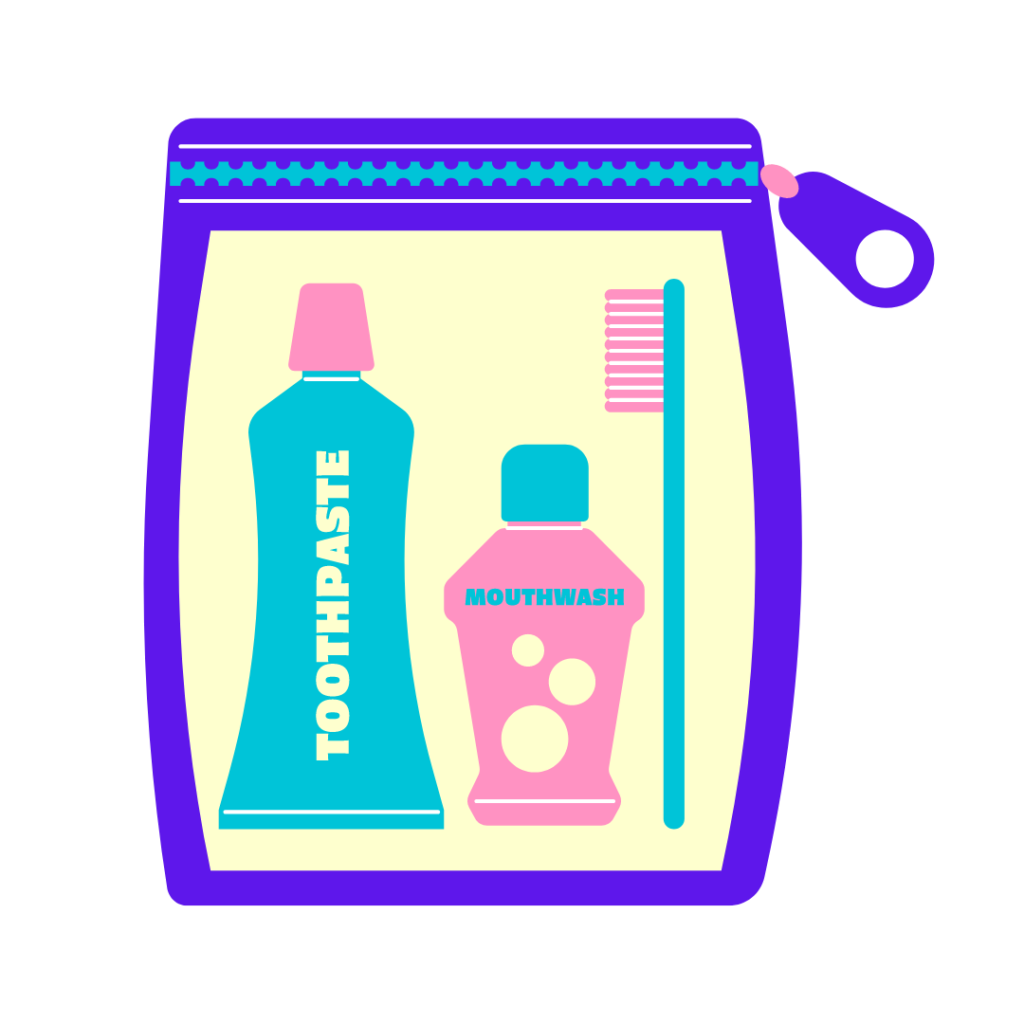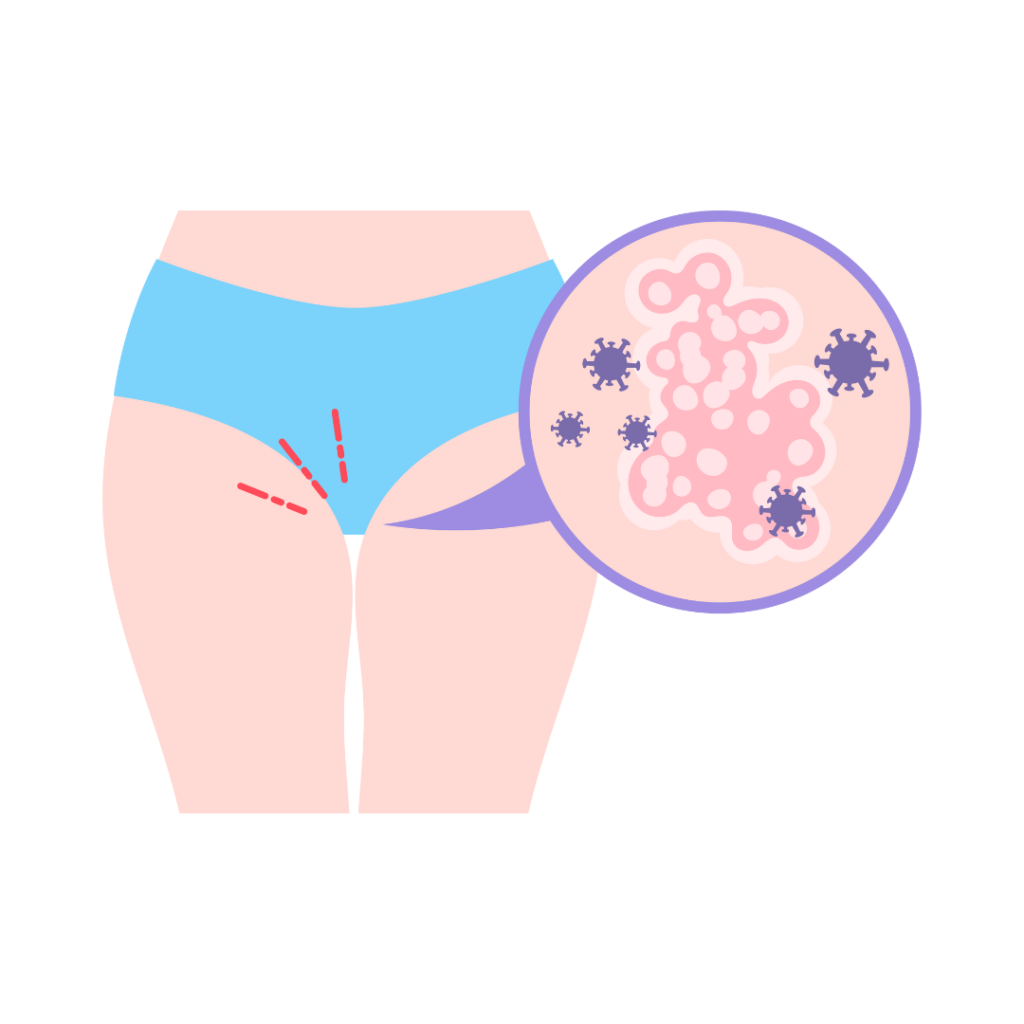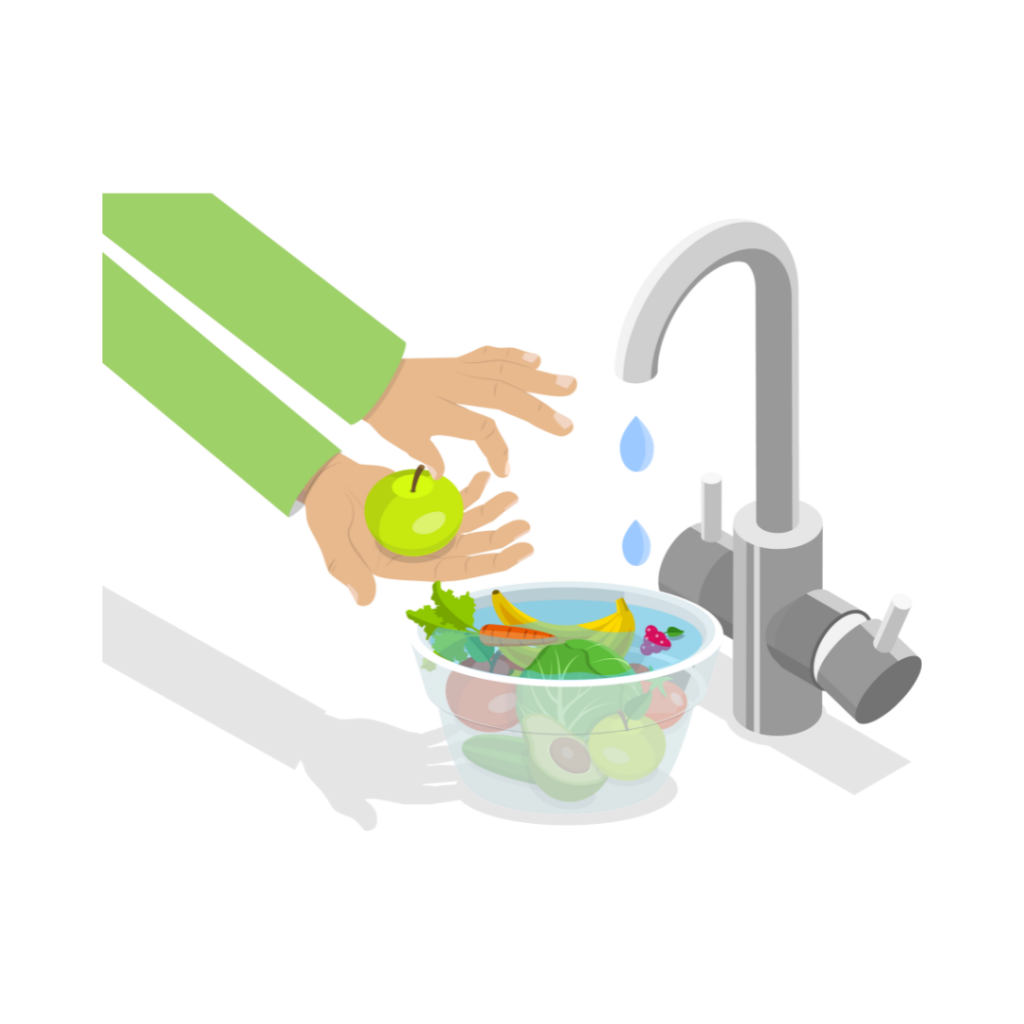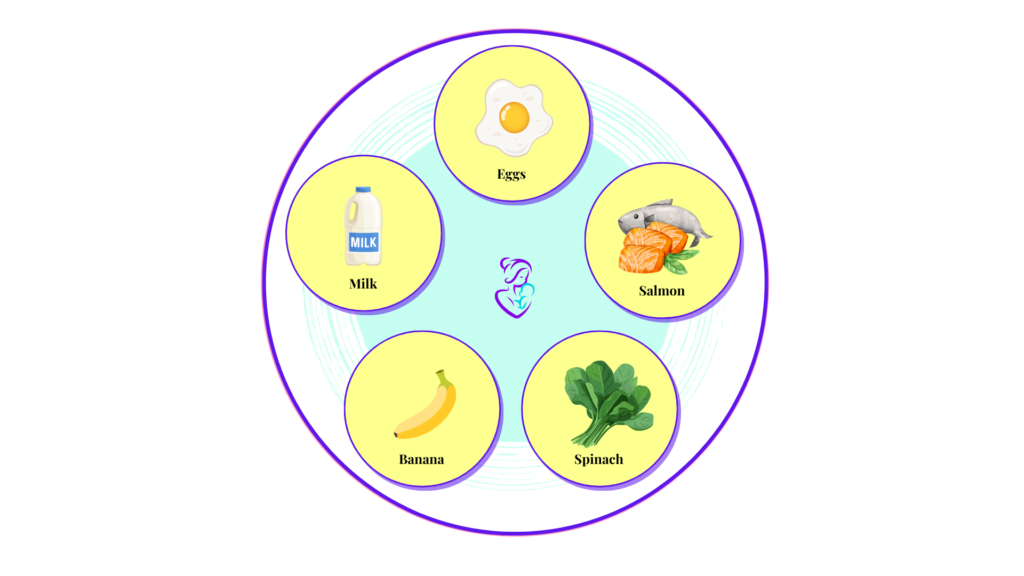Maintaining
Proper Hygiene
A pregnancy well-being guide
Published : 26/03/2024
Last updated: 19/05/2024

Why maintaining hygiene is necessary during pregnancy
Feeling too exhausted to give a bit of extra care for washing your hands before you eat that delicious looking fruit? Also, at times, don’t we feel like ignoring the fact that the fruit probably needs to be cleaned as well? -Well here is a gentle reminder, maintaining hygiene during pregnancy is not just about cleanliness or feeling subtle freshness, rather safeguarding the well-being of the little one and ourselves.
Initially, it can just be habituating ourselves with simple routines everyday as we embark on our pregnancy voyage. Habits that include being aware of handling foods properly, washing of hands or keeping a sanitizer at all times, maintaining a clean house with a healthy environment, and keeping our vulva clean -these simple measures can prevent a number of unwanted complications, foodborne illness and even urinary tract infection.
Setting up a healthy environment
Its best to start with personal hygiene, since pregnancy introduces a surge of new hormones in our system we tend to sweat a lot and become vulnerable to infections easily.
Therefore its always best to find our very own room temperature that’s not too hot neither too cold, just cozy, healthy and puts ourselves at ease -reducing the discomfort from sweatiness and limiting the risk of exposure to germs.

Oral Hygiene
Some of us new mothers can get swollen or sore gums, which may lead to building of plaque, eventually to bleeding of gums (pregnancy gingivitis). Therefore maintaining oral hygiene routine cannot be overlooked.

Bathing Rules
Showering with lukewarm water is about to become your favorite part of the day. But don’t forget to gently pamper your skin and use fragrance-free cleansers instead of tough soaps. This is because we want the good bacteria to keep doing their magic, which can be thrown off balance by soaps.

Measures for Vaginal Discharge
The surge of hormones increase the vaginal discharge and as unwanted as this is, its completely natural. Thus, poor maintenance of this region makes it more prone to bacterial infection that can cause urinary tract infection or can even to lead to preterm birth.
Taking proactive measures by gently cleaning the vulva area with lukewarm water or with cleansers designed for sensitive areas, avoid douching(cleaning with fluids inside of the vagina), wearing panty liners that absorb discharge fluid, also try wearing cotton underwear that allows good airflow as it prevents irritation, on top of it all, frequently changing your underwear or panty liners is a must as well.

Ensuring Food Safety
Pregnancy does weaken our immunity, making us susceptible to foodborne illness and bacterial infections. A number of study observed that pregnant mothers are four times more likely to contract infection from listeria, salmonella, E. coli and trichinella (bacterium contaminant in food) – leading to miscarriage, still or premature birth, additionally serious health issues or birth defects were observed on newborn babies to pregnant mothers with these bacterial infections or foodborne illness.

Lets talk about the precautionary measures to ensure food safety
- Washing and scrubbing fruits and vegetables: Despite of the fact that these items carry essential vitamins and minerals, they can be contaminated with harmful bacteria. so washing and scrubbing these foods to remove any unwanted pathogens is a really good practice.
- Always cook meat products: Red meat, poultry and seafood are breeding grounds for bacteria and can create serious issues during pregnancy when consumed raw. Therefore heat them between temperatures of 40 -140 degrees Fahrenheit (4 – 60 degree Celsius).
- Avoid Unpasteurized dairy products: unpasteurized or raw milk and cheese are also careers of harmful pathogens. therefore always consume pasteurized dairy products.
- Chill the food: Bacteria can multiply in room temperatures, so its best to refrigerate any leftovers.
- Use separate cutting boards: Using separate cutting boards for meat and fruit/vegetables greatly reduces the risk of bacterial transfer.
A gentle nudge from mammas journey
In essence, embrace these simple practices as an active first step towards a healthy pregnancy. Furthermore, healthy habits reflects a direct impact on a baby’s health even beyond birth -newborn babies being less prone to infections and allergies. So start indulging yourself with the warmth of care to stay healthy for the sake of the tiny miracle growing inside of you!


